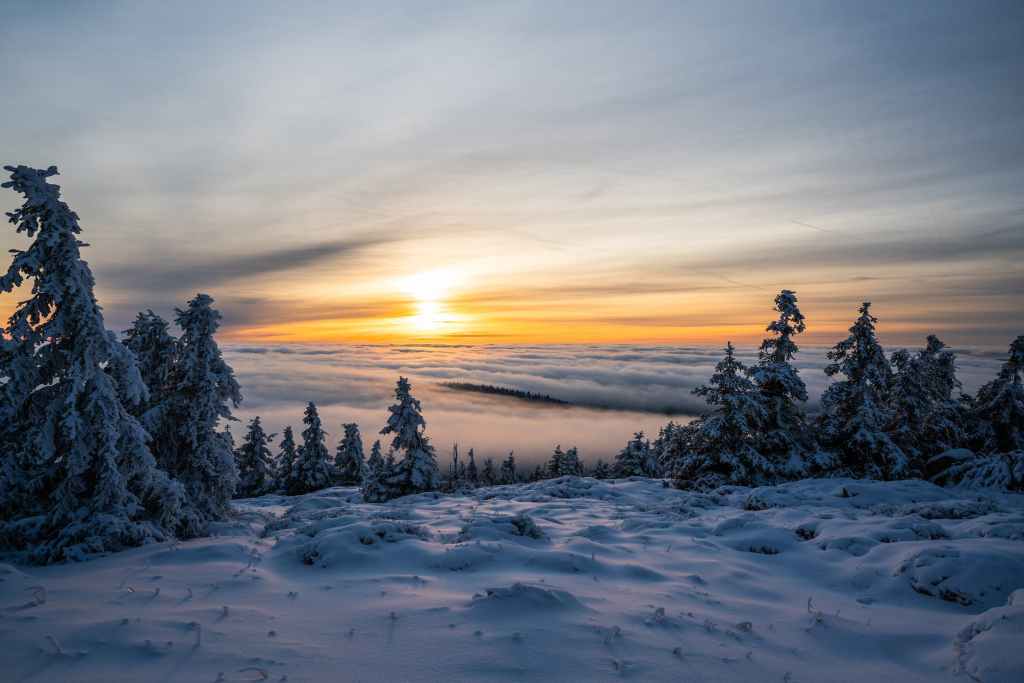Conventional writing wisdom comes in many forms. What you read in articles, writing tips you find on Pinterest, and the advice you heard first hand from your writing partners. Put it all together, and you are told something like this.
‘Show, don’t tell. Unless it’s the backstory, then don’t show any bit of it. Though you have to plan the backstory, down to what your protagonists three year old self preferred for breakfast. You also need to plot out the backstory for all of your other characters down to the same excruciating detail. During this process, don’t forget to figure out the world while you are at it. Include as much history as you have time for. Typically at least five generations back.’
It goes on and on like this. ‘More is better’ is stuffed into every new writers brain. Detail is praised to the heavens, and if anyone dares to argue, a dozen authors swivel their heads around and glare at you. ‘Don’t you want to be a good writer?’ Uuuuum. Yes?
I could tell you that I have a naturally inquisitive mind, and like to consider all of my options before settling on one thing. In reality, I am rebellious. When conventional writing wisdom tells me I have to do something, I say ‘Ha!’ And go try to find my way around it.
Sometimes, I admit defeat and follow the advice. There is a reason some of it has been around for as long as it has. There is no way around those grammar rules guys. I tried, I succumbed, I am now teaching myself the secret language of grammar.
However! Story rules are not set in stone, and they are broken all the time!
For example…
There are those who say that you have to world build forever before you start writing. And by forever, I mean you have to know what has happened in your world for forever. Plan the legends, the races your characters will never see, and find out why the grass is green.
They have a point. Great epics like Lord of the Rings, and The Wheel of Time, have extensive world building. Those worlds are big enough to house multiple civilizations, and histories that are longer than ours. The hours and hours of world building I am sure they spent on their novels paid off. The world is breathtaking.
Here is the part where I raise my hand and say, ‘Wait!’
While world building is all well and good, you don’t have to do hours and hours of it to have an epic story.
Where are the legends of old in Narnia? There are some, a story here and there, but no where near the epics of the Wheel of Time.
What about the Prydain Chronicles? I don’t think the constellations are even mentioned, and as for legends. Not so much.
The world building in those two epic series is nowhere near as vast as the other series. And did the series suffer? No! Narnia is one of the classics we all study, and the Prydain Chronicles is called one of the founders of American fantasy. In fact, it is one of my favorite series ever.
They don’t have so much world building because they don’t need it. It wasn’t necessary to the story.
In The Wheel of Time, where every event is tied to the past and every character aware of the prophecies, not to have all that figured out and squared away would be silly. This series needed the lush, intricate world. Narnia did not.
More detail is not always better. If all the details given in Lord of the Rings was given in the Prydain Chronicles, the magic of those stories would have been lost.
Sure, you will always need some world building. You should decide if the grass is actually green in your world after all. But your story may not need pages upon pages of your worlds history.
You are not trying to make another Middle Earth. You are trying to build your world, where your characters will live and breath and have adventures. What does your world need?
Are your characters delving into the past to find a cure or a historic document? Then figure out your worlds history! Are your characters running for their lives in the mountains? Then by all means figure out in excruciating detail what plants grow there. After all, one of those plants might come in handy when you need to defeat the villain.
But if you are in the mountains for the whole novel, do you need to map out the eco system of the ocean? Or decide what the architecture is of the villages in the plains? No, no you don’t.
More detail is not better. Rather, the right detail is better. This isn’t going to stunt your novel, it is going to give it room to breathe.
Shaina Merrick
What do you think of world building? Do you do a lot? A little? I’m curious, am I the only one who dies inside everytime she looks at those sheets upon sheets of world building questions? (writer problems) Let me know in the comments below!





2 responses to “The Rebellious Writer and World Building”
What you said makes a lot of sense, I always thought world building was just too big.
I also sighed with relief, because I hate doing it.
LikeLike
I am glad I was able to give you some relief! That was my goal with this post. 🙂
LikeLike